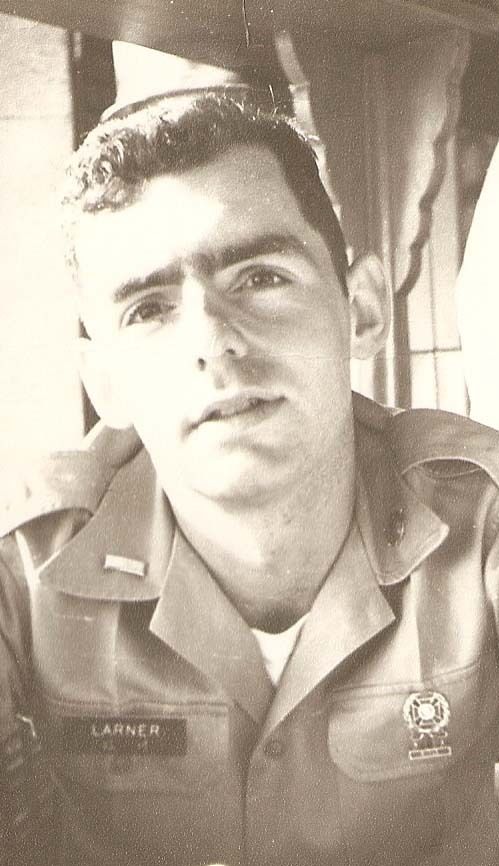"Half of my fraternity brothers were ROTC." | The Military, Vietnam, and Dartmouth in the 1960s
Dartmouth College 55 years ago during the height of the Vietnam War. The college was all-male, practically all white, and the military had a huge campus presence. Over the next decade, Dartmouth admitted its first female students, established programs to increase the student body's racial diversity, and College abolished its ROTC from the campus.
This digital exhibit is built around an oral history interview that I conducted with Edward Larner on October 27th, 2020. A graduate of the Dartmouth Class of 1967 (’67), Larner had one of the most unconventional “Vietnam” war experiences. After joining ROTC at Dartmouth his Freshman spring, Larner soon became disillusioned with his future in the military and with the United States’ policymakers for engaging in what he believed was an “immoral war.” Deciding to take a stand, Larner drafted a letter to his training company commander refusing to go to Vietnam. Luckily for Larner, he avoided facing disciplinary action and was assigned to Korea, where he worked his way up to the Rank of Captain working as a part of a Supply and Support Battalion and later the Movement Office.
Larner’s time at Dartmouth will be the focus of these pages. After the Selective Service Act of 1948 was passed by the Truman Administration, the military focus became an ingrained part of American life for draft-eligible males. At Dartmouth, students had a wide range of methods for dealing with this. Some, like Larner, realized that the military was unavoidable so they joined ROTC in order to serve as an officer and to have more personal choice in their branch and when they served. Meanwhile, some tried to avoid service altogether by any means necessary. Ultimately, these tensions would boil over into the campus-wide protests that defined the final years of the war at Dartmouth.
What these pages aim to show is that the war was able to reach through the privileged gates of Dartmouth College and involve an entire generation of Dartmouth students. It is my hope that viewers gain a deeper understanding both of what the Vietnam generation at Dartmouth College went through, and of the many changes that the College underwent during this tumultous era.
